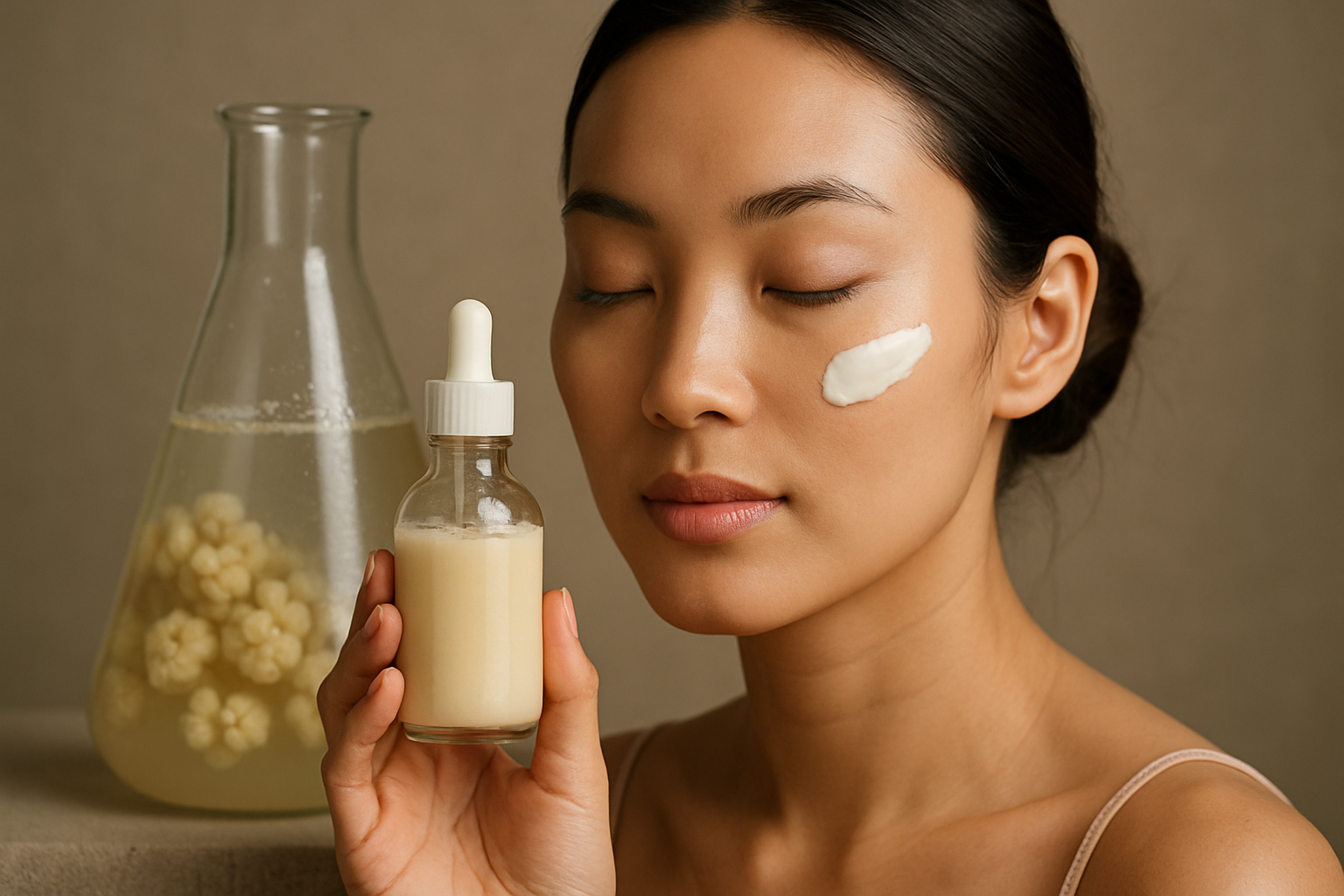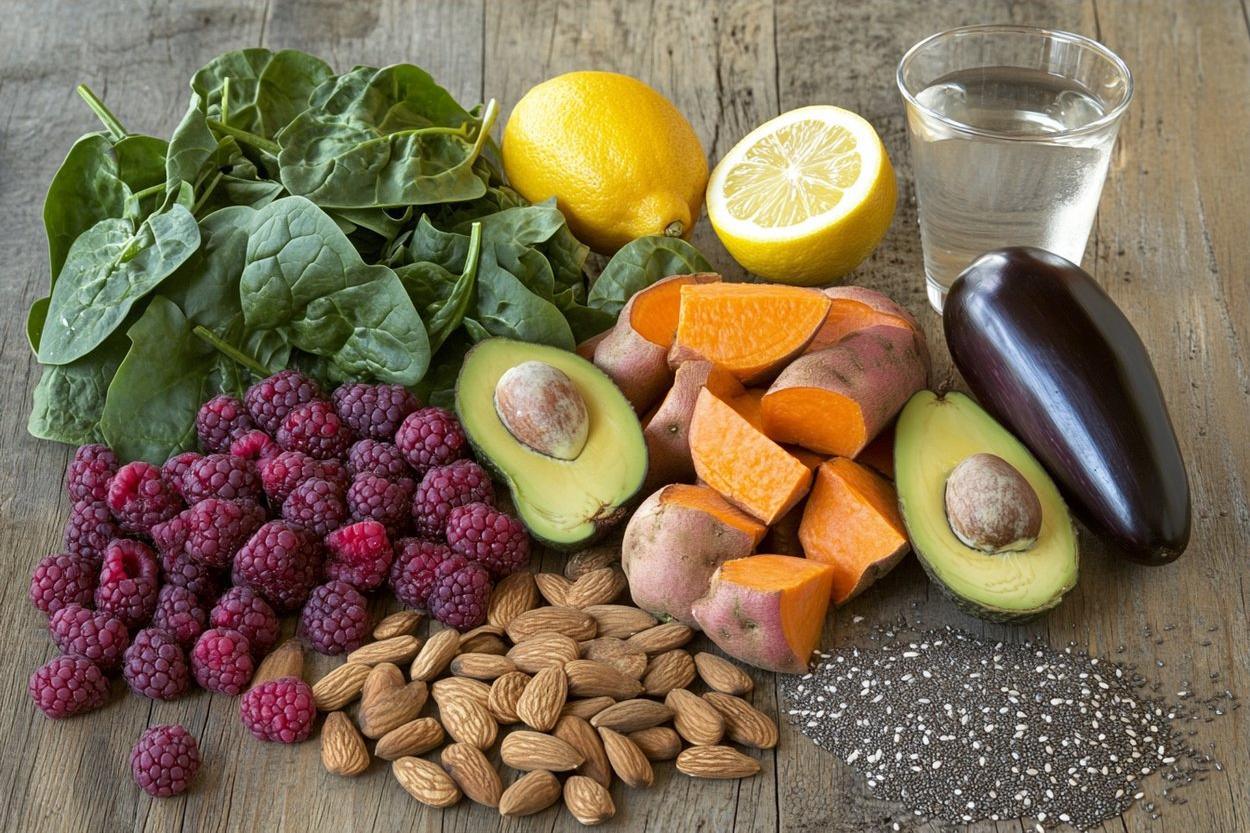The Art and Science of Skincare Routines
The world of skincare has exploded in recent years, with consumers becoming increasingly savvy about ingredients, techniques, and the importance of a well-crafted routine. This surge in interest has led to a proliferation of products, from simple cleansers to high-tech serums promising miraculous results. However, the key to achieving healthy, glowing skin lies not just in the products themselves, but in understanding the science behind skincare and how to build an effective routine. The art of skincare involves balancing individual needs, lifestyle factors, and product efficacy, while the science delves into the intricate workings of our skin's biology and how different ingredients interact with it.

A basic layering routine might look like this: cleanser, toner, serum, moisturizer, and sunscreen (during the day). However, as skincare enthusiasts delve deeper into the world of active ingredients and targeted treatments, routines can become much more complex. The key is to understand how different products interact and to introduce new elements gradually to avoid overwhelming the skin.
Active Ingredients: The Powerhouses of Skincare
Active ingredients are the workhorses of skincare products, responsible for delivering specific benefits to the skin. Some of the most popular and effective active ingredients include:
-
Retinoids: Derivatives of vitamin A that promote cell turnover and collagen production.
-
Vitamin C: A potent antioxidant that brightens skin and protects against environmental damage.
-
Alpha Hydroxy Acids (AHAs): Exfoliating acids that improve skin texture and tone.
-
Hyaluronic Acid: A hydrating molecule that can hold up to 1000 times its weight in water.
-
Niacinamide: A form of vitamin B3 that helps with various skin concerns, including acne and hyperpigmentation.
Understanding how these ingredients work and how to incorporate them into a routine is crucial for achieving desired results. For example, retinoids are best used at night due to their photosensitizing effects, while vitamin C is often recommended for morning use to provide antioxidant protection throughout the day.
The Skin Barrier: Guardian of Skin Health
The skin barrier, also known as the stratum corneum, is the outermost layer of the skin that acts as a protective shield against environmental stressors and moisture loss. A healthy skin barrier is essential for maintaining overall skin health and appearance. When the barrier is compromised, it can lead to various skin issues, including dryness, sensitivity, and increased vulnerability to irritants and pathogens.
Many skincare routines now focus on supporting and strengthening the skin barrier through the use of ingredients like ceramides, fatty acids, and cholesterol. These lipids are naturally present in the skin and play a crucial role in maintaining barrier function. By incorporating products that mimic the skin’s natural lipid composition, we can help repair and fortify the barrier, leading to healthier, more resilient skin.
Personalization: The Future of Skincare
As our understanding of skin biology and product formulation advances, the trend towards personalized skincare is gaining momentum. This approach recognizes that each person’s skin is unique, influenced by factors such as genetics, environment, lifestyle, and even the microbiome - the community of microorganisms living on our skin.
Personalized skincare can take many forms, from custom-blended products to AI-powered skin analysis tools that recommend tailored routines. Some companies are even exploring DNA testing to provide genetic-based skincare recommendations. While the effectiveness of these approaches varies, the underlying principle of tailoring skincare to individual needs is sound and likely to shape the future of the industry.
The Role of Diet and Lifestyle in Skin Health
While topical skincare products play a significant role in maintaining skin health, it’s important to recognize the impact of diet and lifestyle factors. Nutrition, in particular, can have a profound effect on skin appearance and function. Foods rich in antioxidants, omega-3 fatty acids, and vitamins A, C, and E can support skin health from the inside out.
Similarly, lifestyle factors such as sleep quality, stress levels, and exposure to environmental pollutants can all affect skin health. A holistic approach to skincare considers these factors alongside topical treatments, recognizing that true skin health is more than skin deep.
The Environmental Impact of Skincare
As consumers become more environmentally conscious, the skincare industry is facing increasing pressure to address sustainability concerns. This includes everything from packaging materials to ingredient sourcing and manufacturing processes. Many brands are now exploring eco-friendly alternatives, such as refillable packaging, zero-waste formulations, and sustainably sourced ingredients.
Additionally, there’s growing interest in “waterless” or “anhydrous” skincare products, which not only have a lower environmental impact but also often result in more concentrated, potent formulations. These developments suggest that the future of skincare will likely be shaped not just by efficacy and personalization, but also by environmental considerations.
In conclusion, the art and science of skincare routines represent a fascinating intersection of biology, chemistry, and consumer behavior. As our understanding of skin health continues to evolve, so too will our approaches to skincare. By staying informed about the latest developments in skincare science and remaining mindful of individual needs and environmental impacts, we can craft routines that not only enhance our skin’s appearance but also contribute to overall health and well-being.




